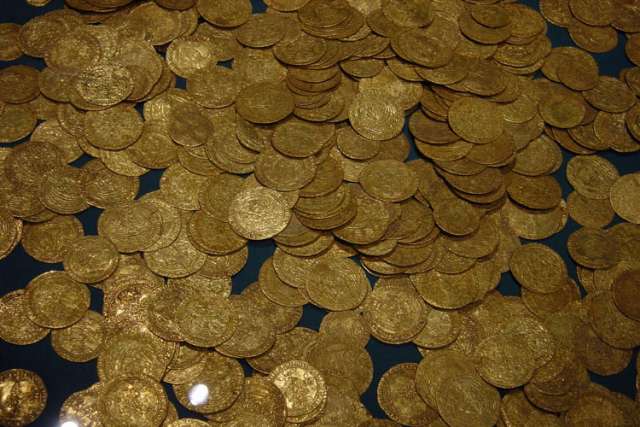These are all axioms with the same warning: we can only be healthy if we are giving away some of our riches to others. Among other things, this should remind us that we need to give to the poor, not simply because they need it, but because unless we do we cannot be healthy ourselves. When we give to the poor both charity and justice are served, but some healthy self-interest is served as well, namely, we cannot be healthy or happy unless we share our riches, of every kind, with the poor. That truth is written inside human experience and inside every authentic ethical and faith tradition.
We know from experience that when we give of ourselves to others we experience a certain joy in our lives, just as when we selfishly hoard or protect what is ours we grow anxious and paranoid. Native American cultures have forever enshrined this in their concept of Potlatch, namely, their belief that, while everyone has a right to private property, there are real limits to how much someone may own. Once our wealth reaches a certain point we need to begin to give some of it away — not because others need it but because our own health and happiness will begin to deteriorate.
Jewish spirituality shares the same idea and Hindu, Buddhist and Islamic spiritualities, each in their own way, also affirm this, namely that it is only in giving away some of our gifts that we ourselves can remain healthy.
Jesus and the Gospels, of course, teach this repeatedly and without compromise. For instance, the Gospel of Luke, a Gospel within which Jesus warns us that it is easier for a camel to pass through the eye of a needle than for a rich person to enter the Kingdom of Heaven, nevertheless praises the rich who are generous, condemning only the rich who are stingy. For Luke, generosity is the key to health and heaven. In the Gospel of Matthew, when Jesus reveals what will be a great test for the final judgment, His single set of criteria have entirely to do with how we gave to the poor: Did you feed the hungry? Give drink to the thirsty? Cloth the naked? Finally, even more strongly, in the story of the widow who gives her last two pennies away, Jesus challenges us to not only give of our surplus to the poor, but to also give away some of what we need to live on.
The Gospels strongly challenge us to give to the poor as the only way we can stay healthy.
We see the same message, consistent and repeated, in the social doctrine of the Catholic Church.
From Pope Leo XIII’s Rerum Novarum in 1891 to Pope Francis’ recent, Evangelii Gaudium, we hear the same refrain: While we have a moral right to own private property, that right is not absolute and is mitigated by a number of things, namely, we only have a right to surplus when everyone else has the necessities for life.
Hence, we must always be looking towards the poor in terms of dealing with our surplus. Moreover, Catholic social doctrine tells us too that the earth was given by God for everyone and that truth too limits how we define what is really ours as a possession. Properly speaking, we are stewards of our possessions rather than owners of them. Implicit in all of this, of course, is the implication that we can be moral and healthy only when we view private ownership in a larger picture that includes the poor.
We need, always, to be giving some of our possessions away in order to be healthy. The poor do need us, but we also need them. They are, as Jesus puts it so clearly when He tells us we will be judged by how we gave to the poor, our passports to heaven. And they are also our passports to health. Our health depends upon sharing our riches.
(Fr. Rolheiser can be reached at www.ronrolheiser.com.)


